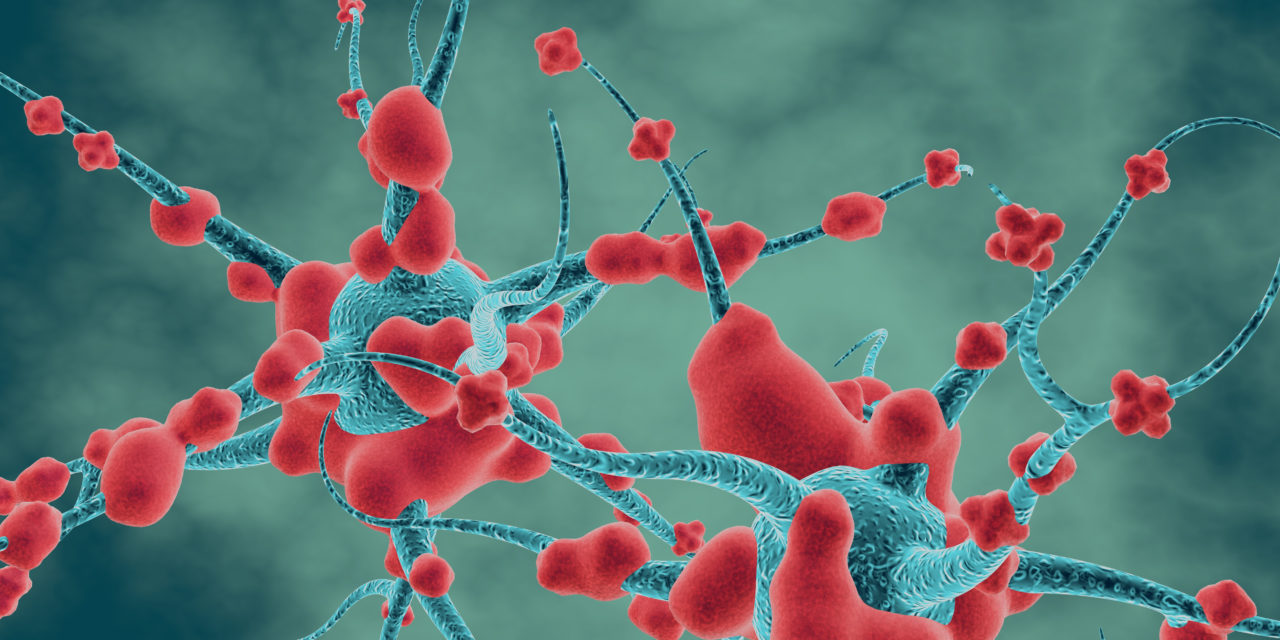Diabetic neuropathy a is long-term damage to the nerve fibers. Serious high blood sugar levels damage the blood vessels causing nerve damage over time. Following factors make you more at risk to nerve damage:
- Poor blood sugar control. Keeping a controlled blood sugar level within your target range is the best way to protect the health of your nerves and blood vessels.
- Length of time you have diabetes. Your risk of nerve disease increases the longer you have diabetes, especially if your blood sugar is not controlled.
- Kidney disease. Diabetes can cause damage to the kidneys, which can increase the toxin in the blood and leading to nerve damage.
- Smoking narrows and hardens your blood vessels, reducing blood flow to your legs and feet. This will make wounds harder to heal.
Types of Diabetic Neuropathy
There are four types of diabetic neuropathy: proximal, peripheral, autonomic and focal:
Proximal Nerve Damage
Instead of affecting the ends of nerves, proximal neuropathy affects nerves closer to your hips or shoulders. It is more common in people with type 2 diabetes. The nerves in the arms, legs and abdomen may be affected. Symptoms are usually on one side of the body, although they may spread to the other side too. Most people improve at least partially over time, though symptoms may worsen before they get better.
This condition is often marked by:
- Sudden, severe pain in your hip and thigh or buttock.
- Eventual weak and atrophied thigh muscles.
- Difficulty rising from a sitting position.
- Unintentional weight loss.
- Abdominal swelling, if the abdomen is affected.
Peripheral Nerve Damage
Peripheral Nerve Damage is the most common type in diabetes, affecting the legs, arms, hands and feet. This nerve damage will reduce sensation in the feet, and can affect your feet and eventually move up to the legs. Poor sensation in your feet increases your chance of injury. Combined with poor blood circulation, it can lead to ulcers and infections.
Autonomic Nerve Damage
Autonomic nerves control involuntary functions such as blood pressure, body temperature, breathing, pulse rate and the digestive system. The nerves of the autonomic system reach every part of the body and are connected to the brain and spinal cord. Autonomic nerve damage can cause changes in digestion, bladder function, sexual response and perspiration. It can also affect the nerves that serve the heart and control blood pressure. This nerve disease can also cause hypoglycemia (low blood sugar).
Focal Nerve Damage
Focal nerve damage means damage to just one nerve in the arm, leg or face. It is most common in older adults and often happens suddenly. Although this type of nerve damage can cause severe pain, it does not cause any long-term problems. Signs nerve damage depend on which nerve is involved and may include:
- Difficulty focusing your eyes, double vision or aching behind one eye.
- Paralysis on one side of your face.
- Pain in your shin or foot.
- Pain in the front of your thigh.
- Chest or abdominal pain.
Symptoms usually reduce and disappear on their own over a few weeks or months for your kidneys.
Diabetes Control
The better your blood sugar is controlled, the less likely nerve damage progress. Through frequent self-testing you can monitor your diabetes on a day-to-day schedule to avoid hyperglycemia. A healthy lifestyle helps lower your chances of heart disease, stroke and other serious health problems. Be aware of the risk for complications and work to control the ones you can monitor. This material is general information for diabetes and neuropathy. If you need a more specific treatment for your health, please consult your healthcare provider.









